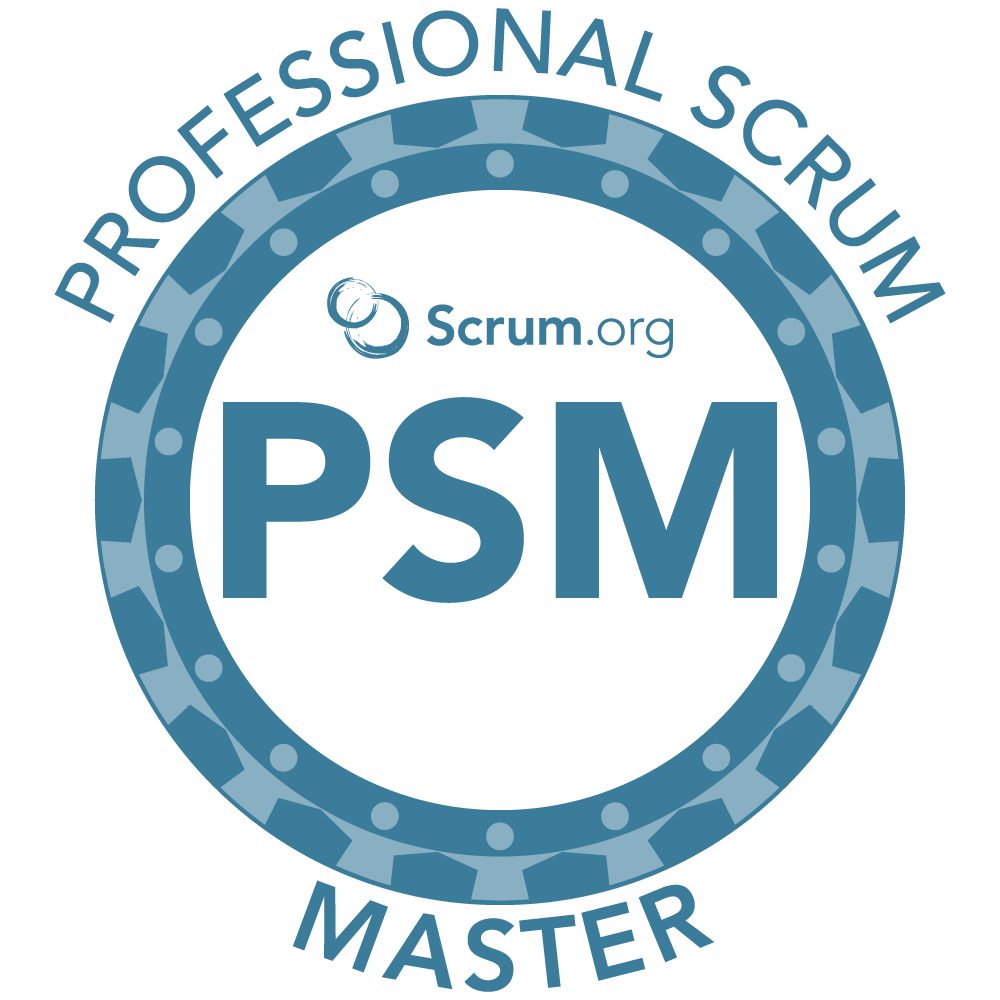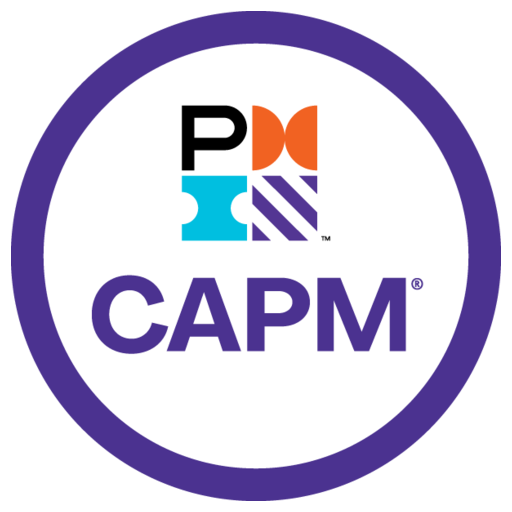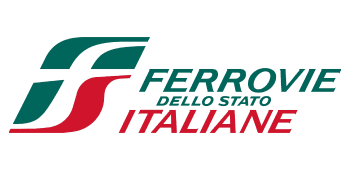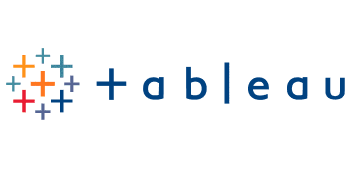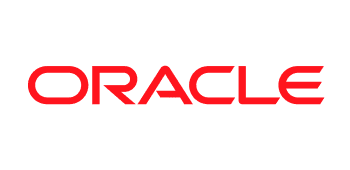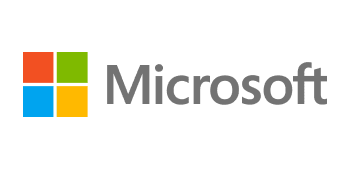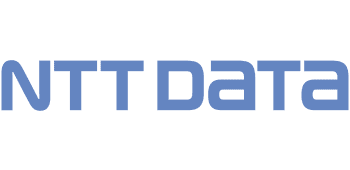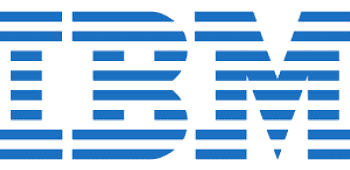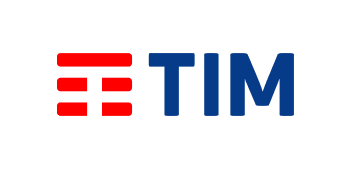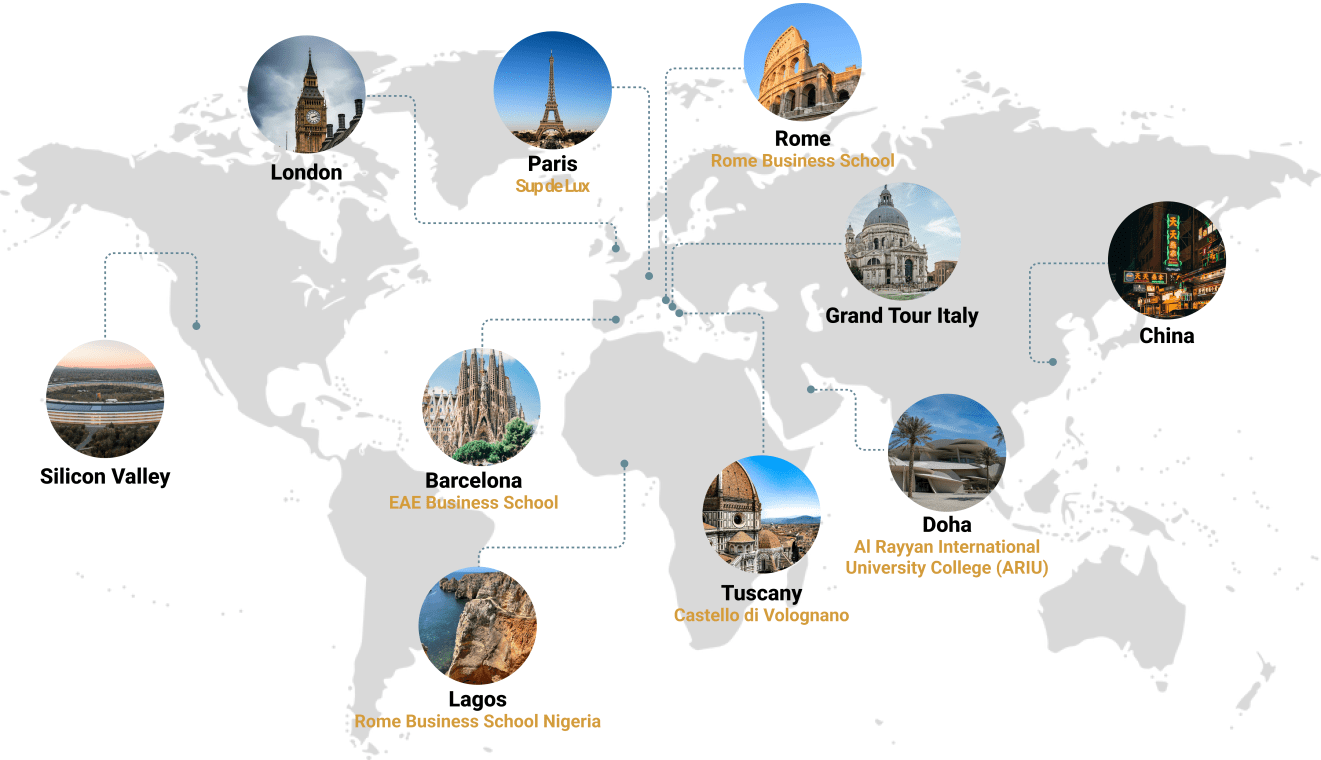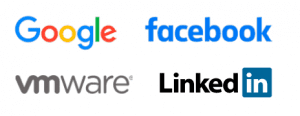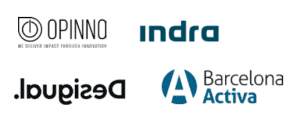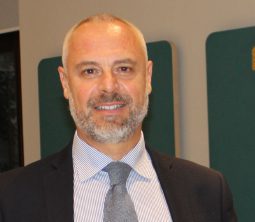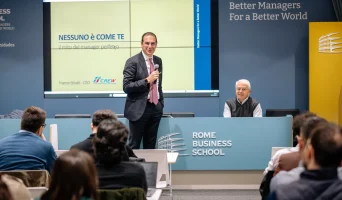During the first module of the International Master in Project Management, students will learn how to:
- Managerial Economics
This module aims to prepare students by providing them with the essentials of entrepreneurship and business planning. - Management Accounting for Decision Making
The course focuses on the financial aspects of business decisions giving students an overview of the accounting tools useful and most used for short and long-term decision making such as cost management, budgeting, CVP analysis, and investment appraisal techniques. - Business Strategy
Through this module, students will know how to understand the long-term direction and strategy of a company, and will be able to identify the strategic business units of organizations. - Financial Statement Analysis
This course aims at equipping students with an understanding of financial statements and their usefulness for decision making. - Project & Operations Management
With this module, students will be able to manage projects, examine data and information, and have a diagnostic approach in solving problems. - Marketing: Traditional and Digital
Students will learn the application of marketing principles in organizational decision making. - Human Resource Management
This subject area focuses on strategic human resource issues such as workforce acquisition, development, motivation and retention. - Data Analytics for Managers
This course is designed to equip students with the basic knowledge needed to analyze and interpret large sets of data, to make effective business decisions and strategies.
During the second module, students will learn how to:
1)Introduction to Project Management
- PM Culture, Project Life Cycle
- Project Management in organizations
2)Business Analysis
- Business Analysis
- Requirements Management
3)Operational foundations of Project Management
- Planning
- Execution
- Project Portfolio Management
- Monitoring and controlling
4)Project Management Tools and Techniques
- Exploring complexity: application of PM tools and techniques
- Exploring Complexity: Risk Management
- Use of Project Management Software I
- Use of Project Management Software II
- Agile methodologies: Kanban and SCRUM
During the third module, students will learn how to:
5)International and ethical aspects of Project Management
- Code of Ethics and Professional Conduct
- Participation in European tenders
6)Interpersonal skills for the Project Manager
- Personality indicators
- Leadership, Motivation and Thinking Styles
- Decision making strategies and styles
- Conflict management
- Building ethical and responsible organizations
The goal of Rome Business School is to develop future managers, entrepreneurs, and professionals who are ready to capitalize on the benefits of digitalization, go global, and have a positive impact on society.
Electives are ideal tools for students to improve their employability by focusing on high-demand skills.
- Electives assist students in carving out a niche for themselves and becoming more competitive.
- Electives expose students to courses they might not have encountered otherwise.
- Electives provide a one-of-a-kind curriculum that fosters life and career skills.
- Elective courses are organized in 7 main areasof interest:
Macro Area I
Next Gen Business: Innovation, AI and Digital Growth
- Area 1: Innovation & Growth
- Area 2: AI4 Business: Shaping the Future
- Area 3: Tech & Digitalization
Macro Area II
Global Business Excellence
- Area 4: Industry Business Excellence
- Area 5: International Business
- Area 6: Global Electives with RBS international partner Business Schools
- Area 7: Introduction to preparation for professional certifications
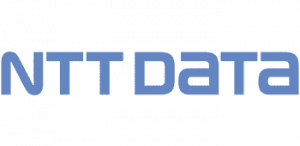
Rome Business School Practice Lab is the place where theoretical concepts are put in practice and participants learn through experience. NTT DATA managers, who will examine different specialist knowledge, work on exercises and network, while sharing their experience and expertise with the students, run the Lab. This Lab is entirely run by NTT DATA managers with whom you will create strategy to guide customers through the customer’s journey of NTT DATA.
The Global Trends lab consists of 2 virtual sessions:
Session 1: How to Find Sources to Identify Global Trends Identify sources and monitor Global trends Deep Dive into the Global World Trends Shaping the World of Today – guest speakers from UN, UNIDO, ILO. Examples of Global Trends:
- The Future of Work
- Ethics of AI and Big Data
- The World in 2030: Future Scenarios
Session 2: Understand the impact of global trends on businesses, and explore ways in which businesses can adapt and transform based on future trends and forward-thinking strategies
You will have the opportunity to exhibit your abilities at the end of the course by tackling a real-world business challenge. Utilize your skills to find chances and create a truly inventive plan.
Face a real-life business challenge. You have the option of working in a small group, developing an internet sales plan, or developing a loyalty programme for different generations.
Two case studies from two real firms will be assigned to you to put your master’s course knowledge to the test.
Previous years’ experiences
The Practical Challenge:
Milk Flower business will bring in the art of Italian gelato making to offer ice cream using organic ingredients and seasonal fruits native to Senegal. The business will pursue a new strategy and go forward to sell gelato in carts around Dakar City instead of selling it in an old-fashioned physical shop. Locally created gelato is predicted to provide positive cash flow and profit in the first year, with a positive return. This project management plan details the process of the planning and initiation phase for the launch of the Milk Flower Business.


